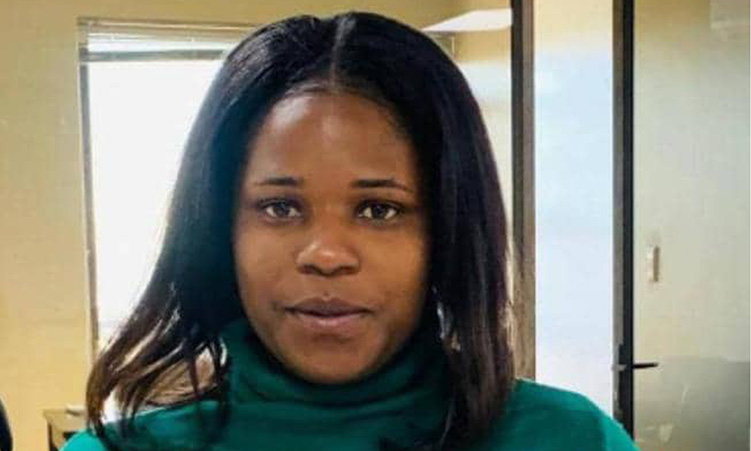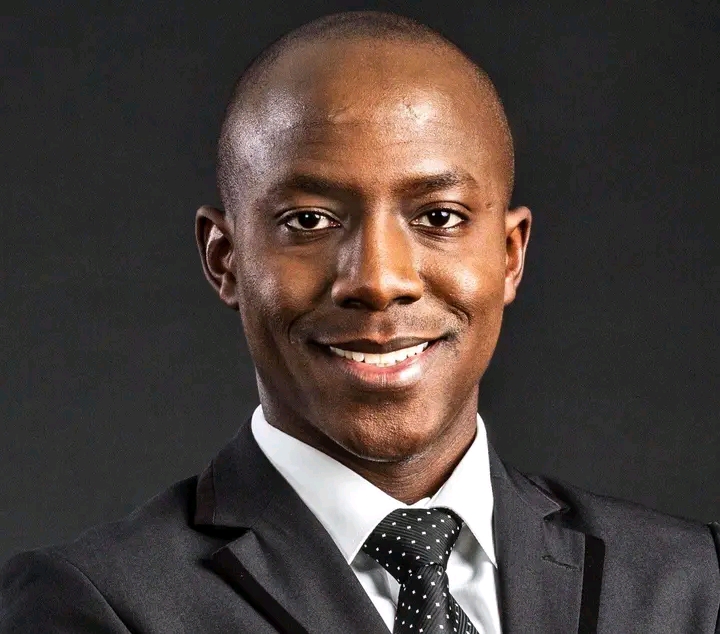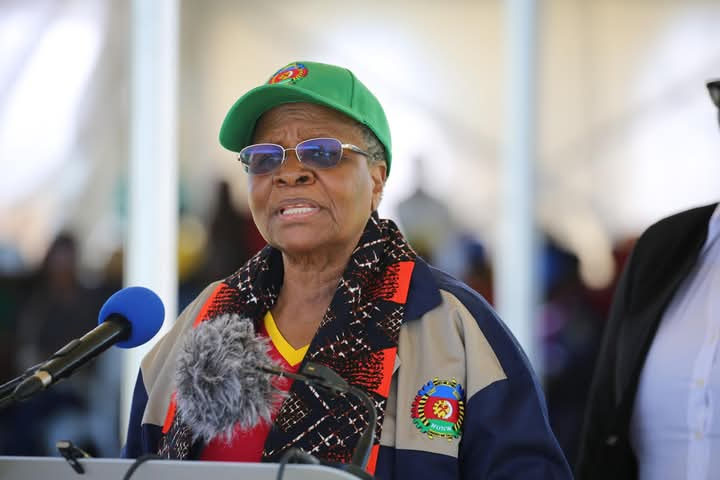PARIS – Democratic Republic of Congo (DRC) President Joseph Kabila vowed that watershed elections planned for June would not be derailed by ongoing violence in the east of the country, in an interview published yesterday.
“In the east, the insecurity is quite localised in Ituri province and in both Kivu (provinces). But I don’t think this violence is the kind that will disturb the elections,” he told France’s Le Figaro newspaper.”We will do everything in our power to make sure the elections are not derailed by armed groups,” he said.Parliamentary and presidential elections, scheduled for June 18, will be the first free vote since the vast central African nation’s independence from Belgium in 1961.The DRC, formerly known as Zaire, is slowly making a UN-supervised transition towards democracy after a war in which about four million people have died since 1998 and 1,6 million others have been left homeless.But Ituri, Sud-Kivu and Nord-Kivu – Great Lakes regions rich in resources – remain wracked by chronic insecurity and in the grip of several armed groups.Most of the UN’s 17 000-strong peacekeeping force, called MONUC, is deployed there.Kabila said he had moved his campaign headquarters to Bukavu, the provincial capital of Sud-Kivu, to carry out “grassroots local work”.”Local work, I say, because I must in principle listen to everyone: civil society, naturally, but also the army, and the head of the army, especially,” he told Le Figaro.- Nampa-AFPBut I don’t think this violence is the kind that will disturb the elections,” he told France’s Le Figaro newspaper.”We will do everything in our power to make sure the elections are not derailed by armed groups,” he said.Parliamentary and presidential elections, scheduled for June 18, will be the first free vote since the vast central African nation’s independence from Belgium in 1961.The DRC, formerly known as Zaire, is slowly making a UN-supervised transition towards democracy after a war in which about four million people have died since 1998 and 1,6 million others have been left homeless.But Ituri, Sud-Kivu and Nord-Kivu – Great Lakes regions rich in resources – remain wracked by chronic insecurity and in the grip of several armed groups.Most of the UN’s 17 000-strong peacekeeping force, called MONUC, is deployed there.Kabila said he had moved his campaign headquarters to Bukavu, the provincial capital of Sud-Kivu, to carry out “grassroots local work”.”Local work, I say, because I must in principle listen to everyone: civil society, naturally, but also the army, and the head of the army, especially,” he told Le Figaro.- Nampa-AFP
Stay informed with The Namibian – your source for credible journalism. Get in-depth reporting and opinions for
only N$85 a month. Invest in journalism, invest in democracy –
Subscribe Now!










